
2024 marks Churchill’s sesquicentennial — the 150th anniversary of Winston Churchill’s birth on November 30, 1874. It is a milestone honoring his extraordinary legacy.
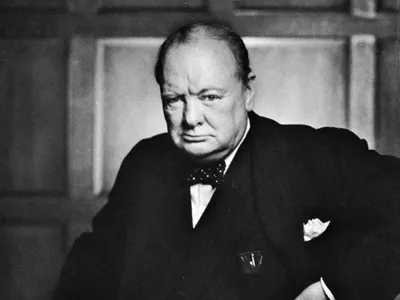
To honor this milestone, the International Churchill Society (ICS), a worldwide organization dedicated to preserving the legacy of Sir Winston Churchill held its annual conference in London England on October 24-27.

The ICS’ mission is to promote the legacy, leadership, and vision of Sir Winston Churchill, ensuring his contributions to history, democracy, and freedom are remembered and studied.

This year’s conference in London included participants from Belgium, Canada, France, Germany, Ireland, Israel, Italy, Norway, Portugal, the United Kingdom and the United States. It brings together historians, political leaders, authors, and Churchill enthusiasts.
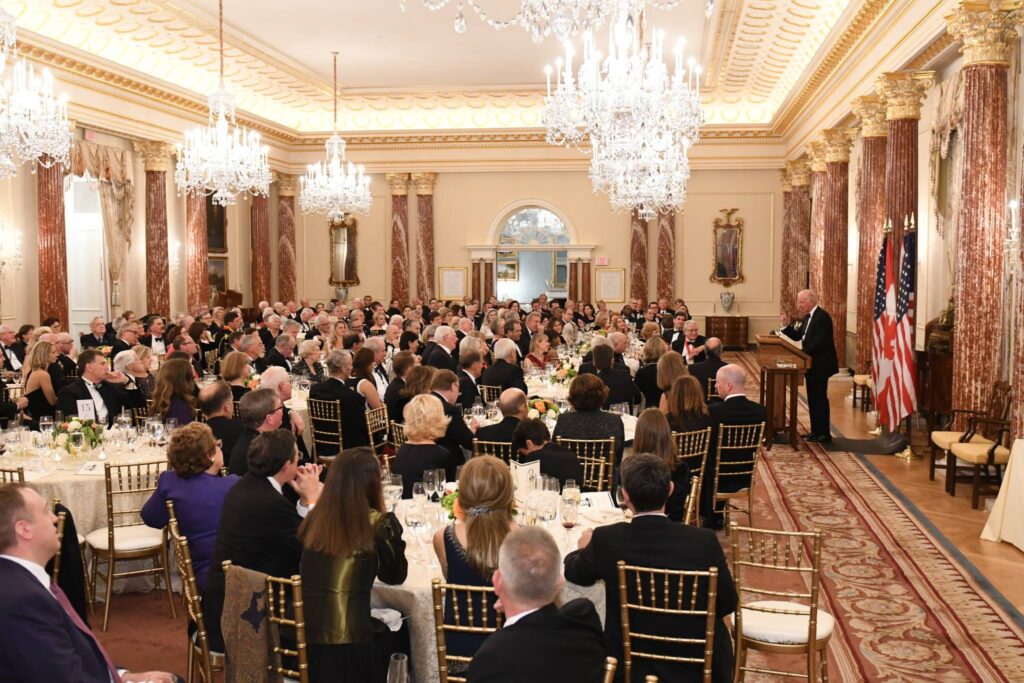
I definitely fall into the last category – an enthusiast. I have been a member of ICS for years and make a point to attend the annual conference and this year was no exception. We have so much to celebrate about this man and the critical role he played in making sure that we have the freedoms that we enjoy today.
Why you may ask am I so fascinated by Winston Churchill.
There are many reasons but the four most important to me are:
Early Life
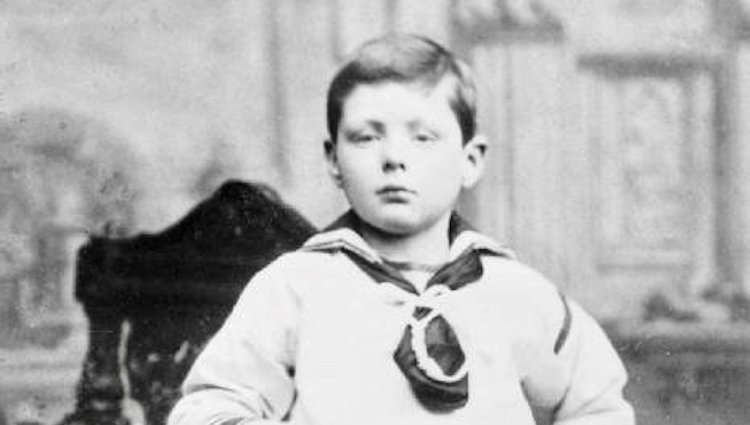
Yes, he was born into an aristocratic family, but the reality was that he:
- was absolutely neglected by his parents,
- had a bad relationship with his father,
- was a hellion in school with multiple disciplinary and academic problems,
- and had a stutter, and, in addition, most observers would agree, had Attention Deficit Hyperactivity Disorder (ADHD).
The fact that he was able to deal with and in many ways overcome these traumatic experiences provides inspiration to me. The Edge Foundation (www.edgefoundation.org) which I founded some 20 years ago has a mission to help youth with similar types of challenges.
Prolific Writer and Journalist
He loved to write. In fact, it was the primary way that he financially supported himself and his family. He was prolific. His literary career was vast and diverse, spanning books, articles, and various journalistic roles.
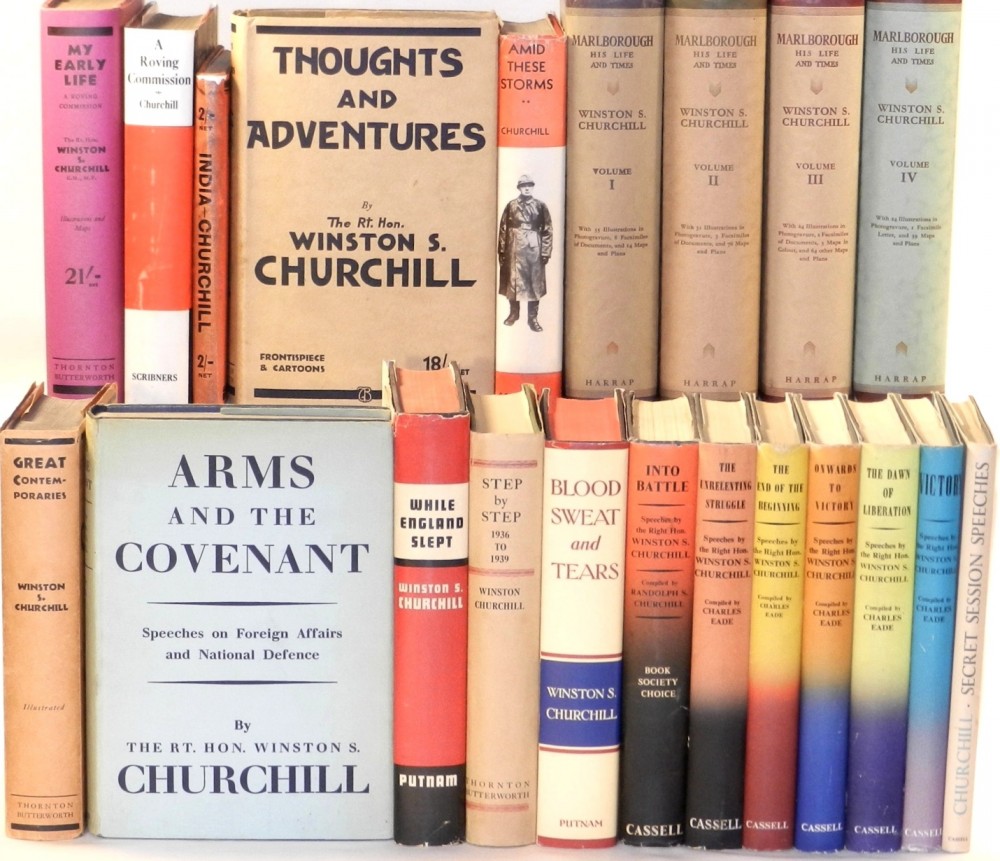
Churchill wrote over 800 articles during his lifetime, as well as 43 full-length books across 72 volumes. His works covered a wide range of topics, including history, war, politics, and personal memoirs.
Churchill held multiple writing and journalistic positions throughout his life, which included:
- War Correspondent:
- Early in his career, Churchill worked as a war correspondent for several newspapers.
- Covered conflicts such as the Cuban War of Independence (1895), the Malakand Field Force in India (1897), the Sudan Campaign (1898), and the Second Boer War (1899-1902).
- Author:
- He began writing books early in his life, often blending military analysis, personal experience, and historical context.
- Journalist and Columnist:
- Regularly contributed columns and opinion pieces to British and American publications.
- Wrote extensively on current affairs, historical analysis, and policy recommendations.
- Editor:
- Briefly served as editor of the London Evening Standard.
- Memoirist:
- Wrote detailed autobiographical works, including My Early Life and The Second World War, offering insight into his experiences and perspectives.
- Speechwriter and Orator:
- Many of his legendary speeches, including “We shall fight on the beaches” and “Their finest hour,” were crafted by Churchill himself, demonstrating his command of language and rhetoric.
Winston Churchill’s literary contributions are considered some of the most significant of the 20th century. His ability to weave personal experience, historical knowledge, and masterful storytelling not only documented key historical events but also shaped public opinion and political narratives.
Whether through his books, articles, or speeches, Churchill remains one of history’s greatest communicators.

A lot of people are surprised to learn that Winston Churchill’s Nobel Prize awarded in 1953 was for literature, not for peace.
As anyone reading this knows, I also love to write. Churchill’s writings and speeches inspire me.
Resilience and Perseverance
To name a few examples of what he overcame:
- The Gallipoli Disaster (1915–1916)
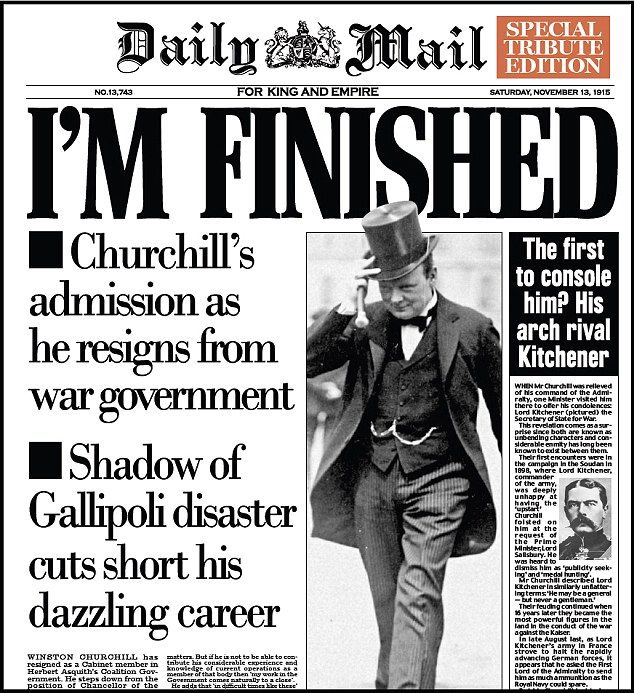
- As First Lord of the Admiralty during World War I, Churchill championed the Gallipoli Campaign, a military operation intended to secure the Dardanelles Strait. The campaign ended in catastrophic failure, leading to massive casualties and Churchill’s forced resignation.
- Resilience: Instead of retreating into obscurity, Churchill volunteered to serve on the Western Front as a battalion commander in France.
- The Wilderness Years (1929–1939)
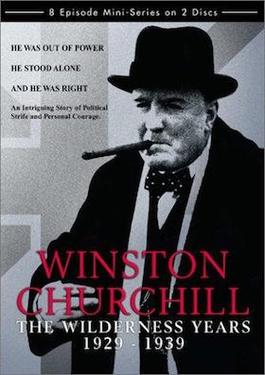
- Throughout the 1930s, Churchill was politically sidelined, labeled a “spent force” and seen as out of touch with the political mood of appeasement towards Hitler. He was excluded from the Conservative leadership and ridiculed for his warnings about Nazi Germany.
- Resilience: Churchill never stopped speaking out against appeasement, warning Parliament and the public about Hitler’s rise to power. His perseverance paid off when, in 1940, he was called upon to lead Britain during its darkest hour.
- Becoming Prime Minister in 1940
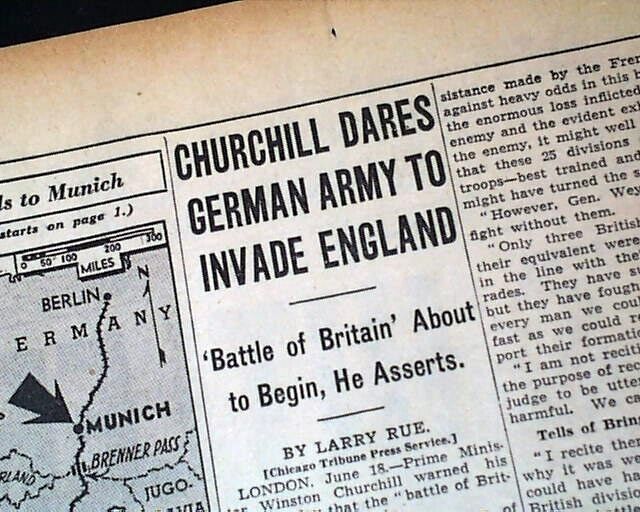
- In May 1940, with Britain facing imminent invasion and the country in chaos after Neville Chamberlain’s resignation, Churchill became Prime Minister. Many doubted his leadership, but he delivered some of history’s most stirring speeches.
- Resilience: Churchill united a fractured nation and became the voice of resistance against Nazi tyranny.
- Quote: “We shall fight on the beaches, we shall fight on the landing grounds, we shall fight in the fields and in the streets, we shall fight in the hills; we shall never surrender.”
- Losing the 1945 General Election
- Despite leading Britain to victory in World War II, Churchill and the Conservatives suffered a crushing defeat in the 1945 general election. He could have retired from politics as a celebrated war hero.
- Resilience: Churchill chose to remain leader of the opposition, rebuilding the Conservative Party and eventually returning as Prime Minister in 1951.
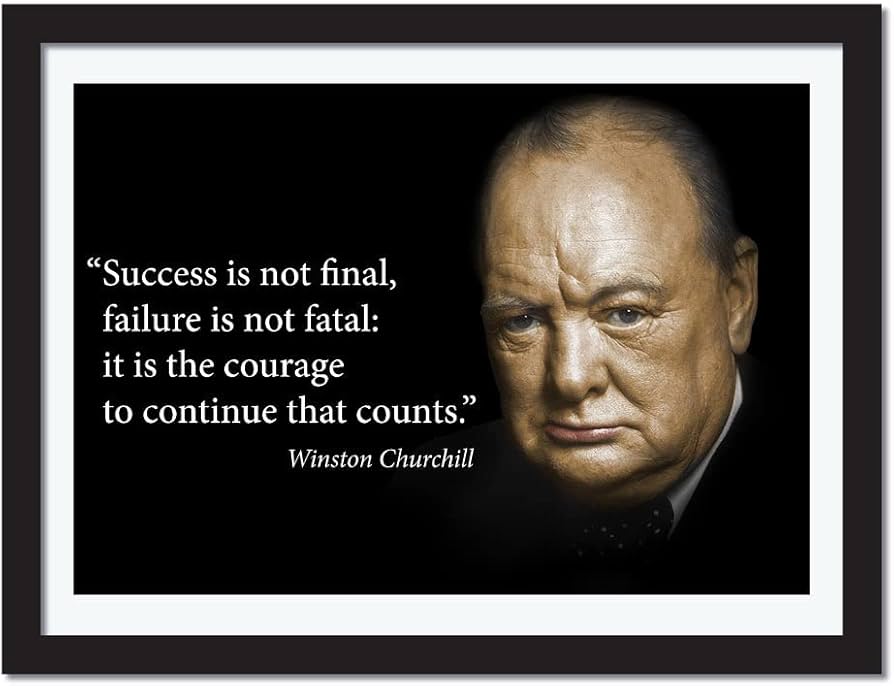
- Quote: “Success is not final, failure is not fatal: it is the courage to continue that counts.”
In one of his final speeches, Churchill summarized his philosophy on resilience:
“Never give in. Never give in. Never, never, never, never—in nothing, great or small, large or petty—never give in except to convictions of honor and good sense.”

Winston Churchill’s life, filled with failures, triumphs, personal struggles, and political exile, remains one of the most compelling examples of how resilience and perseverance can shape not only personal destiny but also the fate of nations.
Something to admire.
Defender of Democracy
Churchill stood as a bulwark against totalitarianism, ensuring the survival of democratic values during a global crisis.

I believe that we have much to learn from history, and particularly the history of World War II and the role that Winston Churchill played in the 1930s and 1940s, some 80+ years ago.
But more about that in subsequent blogs.
Bottom line. Winston Churchill 150th birthday celebration reminds me of how much I admire this man, and also how much he inspires me.
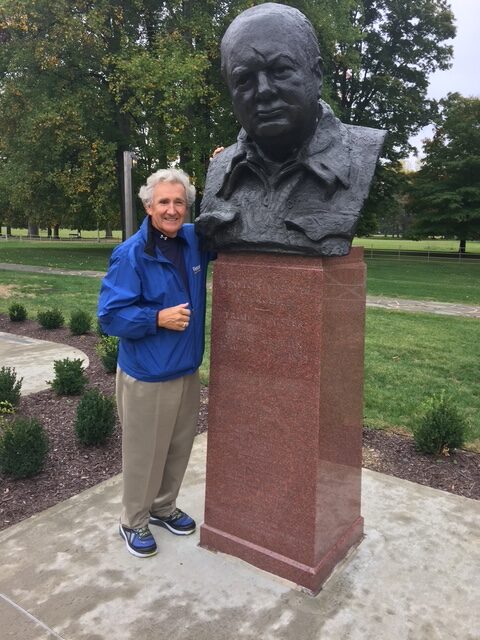
I too am a major fan of Winston Churchill. He also had an operational vocabulary twice as large as most educated people. He also memorized many of his speeches. We are blessed that PowerPoint was not around to spoil his speeches.
rich,
yes, indeed. ironically, his punishment for being a hellion in school was often being required to stay after school to read. the “punishment” turned out to be a blessing in its contribution to Churchill’s amazing vocabulary as you noted.
neil
Terrific, Neil! As usual. He was also an early and enduring hero of mine. And what a writer and speaker., capturing immensity in a phrase or label. I think Iron Curtain and Cold War are among his contributions?
And he was quite an accomplished painter as well.
As usual, thanks for the history lesson.
Neil-
Yes, Churchill made some mistakes, including some of the positions he took at the Paris Peace Conference following WW1. But he also had incredible insight into the tide of world affairs. My father, who graduated in 1933 from a small college in Fulton, MO called Westminster College, told me early-on about Churchill’s “Iron Curtain” speech made at Westminster on March 5, 1946, where, among other prescient comments, he said this:
“From Stettin in the Baltic to Trieste in the Adriatic, an iron curtain has descended across the Continent. Behind that line lie all the capitals of the ancient states of Central and Eastern Europe. Warsaw, Berlin, Prague, Vienna, Budapest, Belgrade, Bucharest and Sofia, all these famous cities and the populations around them lie in what I must call the Soviet sphere, and all are subject in one form or another, not only to Soviet influence but to a very high and, in many cases, increasing measure of control from Moscow.”
In view of Putin’s continued arrogance, the world is still reeling from what happened in Europe after WW2 — which Churchill viewed with alarm and strove to caution the free world about.
As usual, thanks agin for this excellent piece.